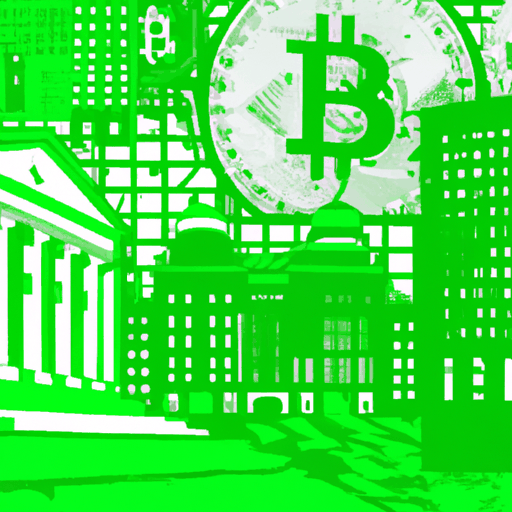
Bank of Korea's Reserved Stance on Bitcoin As a Foreign Asset
By: Isha Das
In recent discussions about South Korea potentially including Bitcoin in its foreign exchange reserves, the Bank of Korea has stated a cautious stance, indicating that it has yet to delve into such prospects. The central bank's commitment to traditional reserve assets is influenced by its concerns about Bitcoin's notorious volatility. This comes amid a backdrop of increasing calls from lawmakers and crypto enthusiasts advocating for Bitcoin's consideration.
The Bank of Korea clarified its position in response to inquiries from the National Assembly’s Planning and Finance Committee. Bank officials emphasized that Bitcoin's current characteristics do not align with the criteria set by the International Monetary Fund (IMF) concerning foreign exchange reserves. Such criteria include stability, reliability, and wide acceptance, areas where Bitcoin struggles due to its price volatility. This position has drawn attention as central banks globally are exploring digital currencies, yet they remain apprehensive when it comes to integrating them as reserve currencies.
Despite these reservations, the conversation around Bitcoin and other cryptocurrencies continues to gain momentum in South Korea, a technologically advanced nation with a significant digital currency market. While the central bank's traditional stance reflects its preference for stability in reserve asset management, it also underscores a broader hesitance seen in the global financial architecture to embrace cryptocurrencies within central banking frameworks. The adoption of Bitcoin as a reserve asset by South Korea remains speculative as officials advocate for a careful and pragmatic approach.
As the financial landscape evolves, central banks, including the Bank of Korea, are expected to continuously evaluate their currency reserve policies in line with emerging technologies and international standards. However, the tension between innovation and stability remains a critical consideration in such decisions, illustrating the challenges of balancing modern advancement with economic security.



